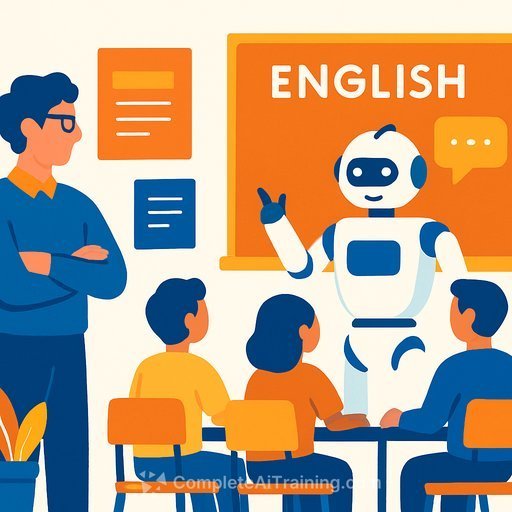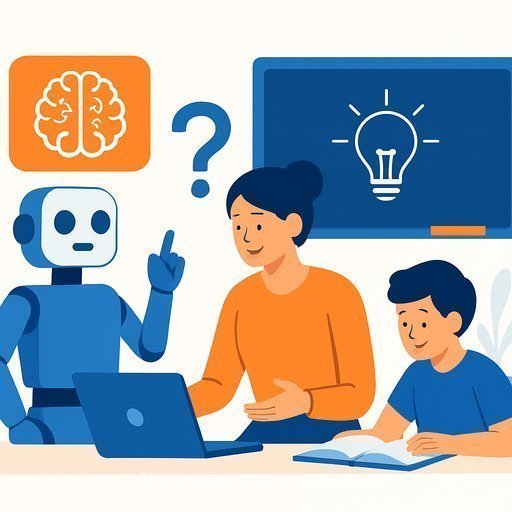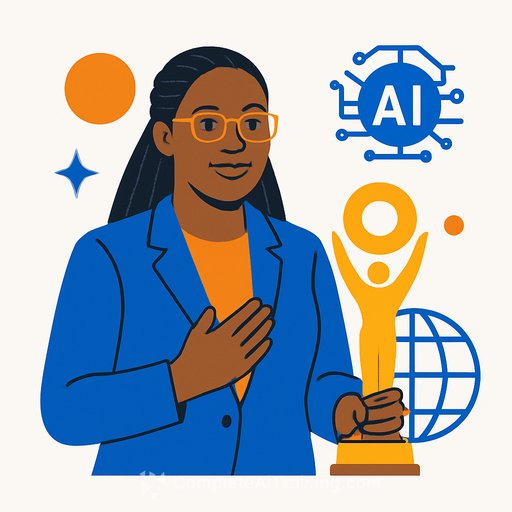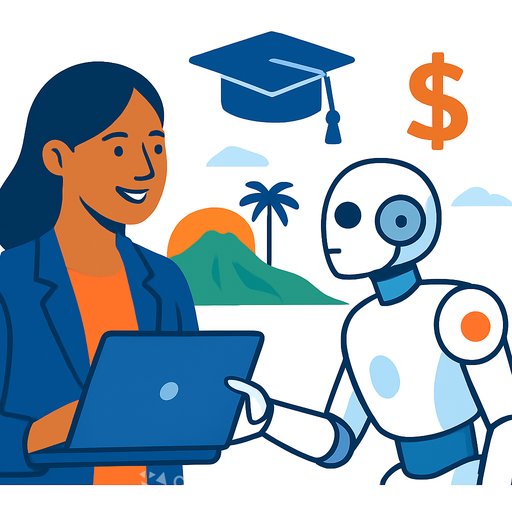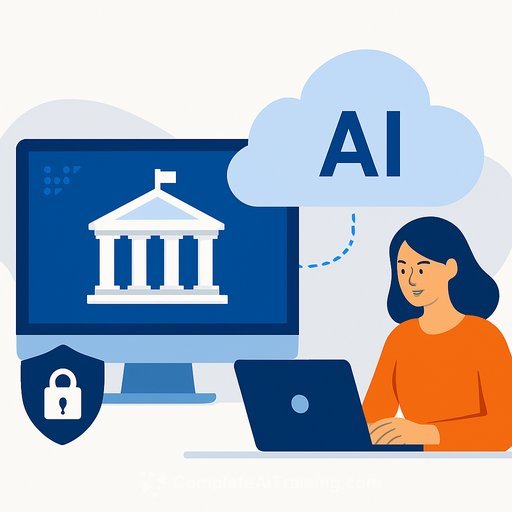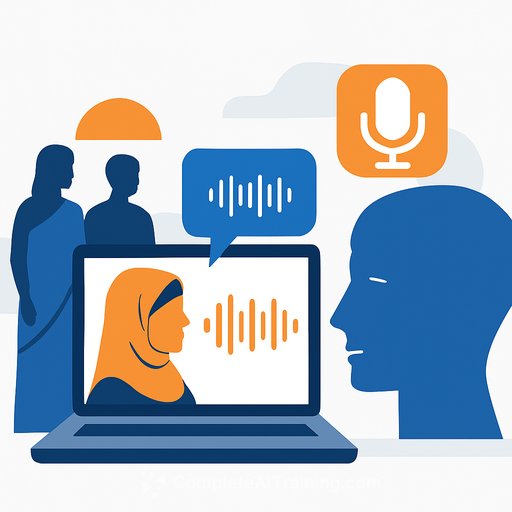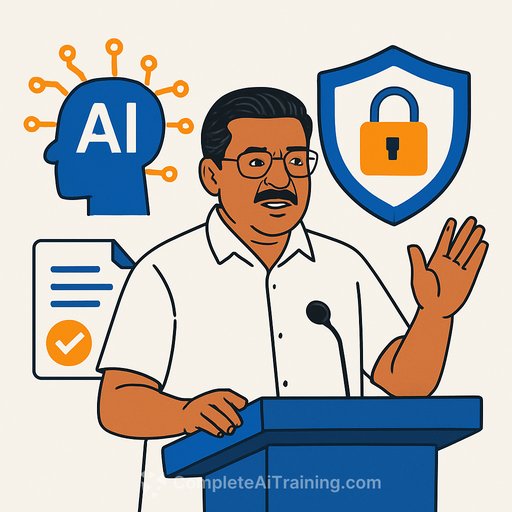Greece Launches "AI in Schools" to Bring ChatGPT Edu Into Classrooms
Greece is launching a national pilot, "AI in Schools," to introduce ChatGPT Edu into public high schools. Teachers begin in December 2025, students follow in March 2026. The goal is clear: build AI literacy, support instruction, and keep teachers at the center of learning.
The program is led by The Tipping Point in Education and funded by the Onassis Foundation. It positions Greece among the first in Europe to formally integrate generative AI into classroom practice with a focus on safety, ethics, and impact.
Where innovation meets education
The pilot starts in 20 high schools - 14 model and experimental schools and six Onassis public schools. These sites will test how AI supports lesson design, research, formative feedback, and differentiated learning.
Educators will receive hands-on training to use ChatGPT Edu in real tasks: planning units, drafting materials, facilitating creative writing, and automating routine admin work. The approach is practical, supervised, and aligned with ethical guidance.
Four stages of transformation
- Teacher Training (October-November 2025): Intensive workshops on ChatGPT Edu and classroom application.
- Pilot Implementation (December 2025-February 2026): Teachers test daily use in planning and school operations.
- Student Participation (March-June 2026): Teacher-guided student use for projects, group work, and creative assignments.
- Full Integration (2026-2027): Platform becomes part of day-to-day instruction and administration.
Priority stays on critical thinking, creativity, and collaboration. Technology supports the craft of teaching - it doesn't replace it.
What ChatGPT Edu brings to Greek schools
ChatGPT Edu offers a closed, ad-free environment with institution-level controls. Administrators can manage roles and permissions for teachers and students, supporting safe use at scale. Learn more about the platform on the official page: ChatGPT Edu.
Educators can build Custom GPTs for specific subjects and levels. A physics teacher might simulate lab scenarios; a language teacher can guide essays or debates with structured prompts and checkpoints.
Privacy is central: interactions are encrypted, age-appropriate controls are available, participation is voluntary with informed consent, and the setup is aligned with GDPR requirements. For reference, see EU guidance on data protection: GDPR rules.
Trust, transparency, and compliance
The Ministry of Education has set data protection protocols and agreements with OpenAI that prohibit data sharing or commercialization. A Data Protection Impact Assessment (DPIA) is underway, overseen by the ministry's Data Protection Officer (DPO).
The philosophy is straightforward: equip teachers first so they can lead responsible student use. The outcome the partners want is informed, ethical practice - not blind automation.
What this means for teachers, students, and administrators
- Teachers: Faster lesson prep, richer prompts and activities, draft feedback and rubrics, and new ways to scaffold inquiry. Clear guardrails keep human judgment in the loop.
- Students: Project support, structured brainstorming, and guided practice with citations and critique. Emphasis on reasoning, source-checking, and originality.
- Administrators: Role-based access, consent workflows, and policy-aligned onboarding. Easier reporting on usage, training, and outcomes.
How schools can get ready
- Set a clear use policy: acceptable use, citation norms, academic integrity, and teacher oversight.
- Start with a few high-impact use cases: unit planning, essay feedback, research scaffolds, and admin automation.
- Create a review loop: collect examples, note risks, and refine prompts and protocols every term.
- Engage parents and students: share the goals, the safeguards, and the expectations.
- Build teacher communities: short demos, prompt libraries, and peer-led clinics.
A vision for Greece
"AI in Schools" is more than a pilot. It sets a path for AI literacy grounded in responsibility and real classroom value. If results meet expectations, the model can scale across the country and inform policy across Europe.
Resources
- For educators building classroom assistants, see practical guides and examples: Custom GPTs resources.
Your membership also unlocks:

